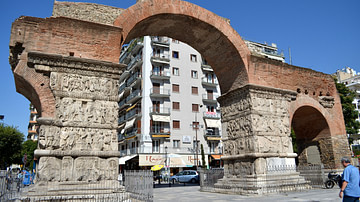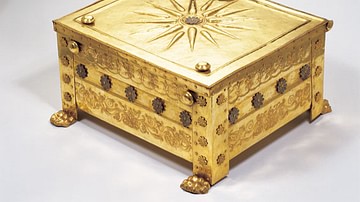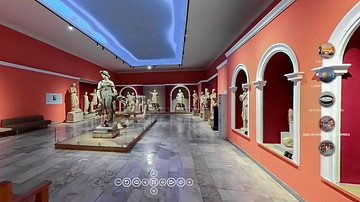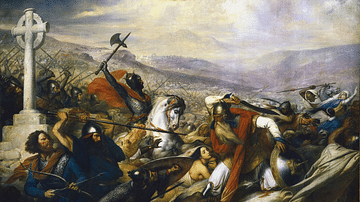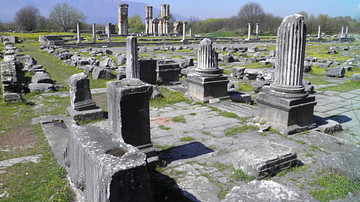Video
by Greecetaxi
published on 04 March 2016
Pella & Aegae - Macedonian Capitals
Macedonia is a geographical and historical region of the Balkan peninsula in southeastern Europe. Its boundaries have changed considerably over time, but nowadays the region is considered to include parts of five Balkan countries: N.Greece, the Republic of Slav-Macedonia, Bulgaria, Albania and Serbia.
Its oldest known settlements date back approximately 9,000 years. From the middle of the 4th century BC, the Kingdom of Macedonia became the dominant power in Greece and the neighboring regions; since then Macedonia has had a diverse history. The definition of Macedonia has changed several times throughout history. Prior to its expansion under Philip II, the ancient kingdom of Macedonia, to which the modern region owes its name, lay entirely within the current Greek province of Macedonia.
The Roman province of Macedonia consisted of what is today Northern and Central Greece, the geographical area of the present-day Republic of Slav-Macedonia the southeast Albania and the southwest Bulgaria. Simply put, it covered a much larger area than ancient Macedonia. In late Roman times, the provincial boundaries were reorganized to form the Diocese of Macedonia with capital Thessaloniki, consisting of most of modern mainland Greece plus Crete, southern Albania, and parts of modern-day Bulgaria and the Republic of Slav-Macedonia.
http://en.wikipedia.org/wiki/Macedonia_%28region%29
Aegae, 60km SW of Thessalonica, the first ancient capital of the kingdom of Macedonia, spreads over the low hills on the northern slopes the Pierian range, between the modern villages of Palatitsia and Vergina. This city was the most important urban center in the region until the 4th c. BC. Here were to be found the ancestral sanctuaries of the Macedonians, and the palaces and the tombs (with their famous treasures) of the Argead dynasty, which traced its origins to the mythical hero Heracles and gave Greek history its most captivating figure, Alexander the Great.
Pella was the second capital of the ancient kingdom of Macedonia, 40km NW of Thessalonica. A common folk etymology is traditionally given for the name Pella ascribing it to a form akin to Doric Greek Apella, originally to have meant a ceremonial location where decisions were made. However, the local form of Greek was not Doric, and the word exactly matches standard Greek pilla "stone", undoubtedly referring to a famous landmark from the time of its foundation.
Visit http://www.greecetaxi.gr for more information.
All images are the property of Greecetaxi.
License & Copyright
Original video by Greecetaxi. Embedded by Mark Cartwright, published on 04 March 2016. Please check the original source(s) for copyright information. Please note that content linked from this page may have different licensing terms.
The video and its description text are provided by Youtube. This website claims no authorship of this content; we are republishing it for educational purposes.
